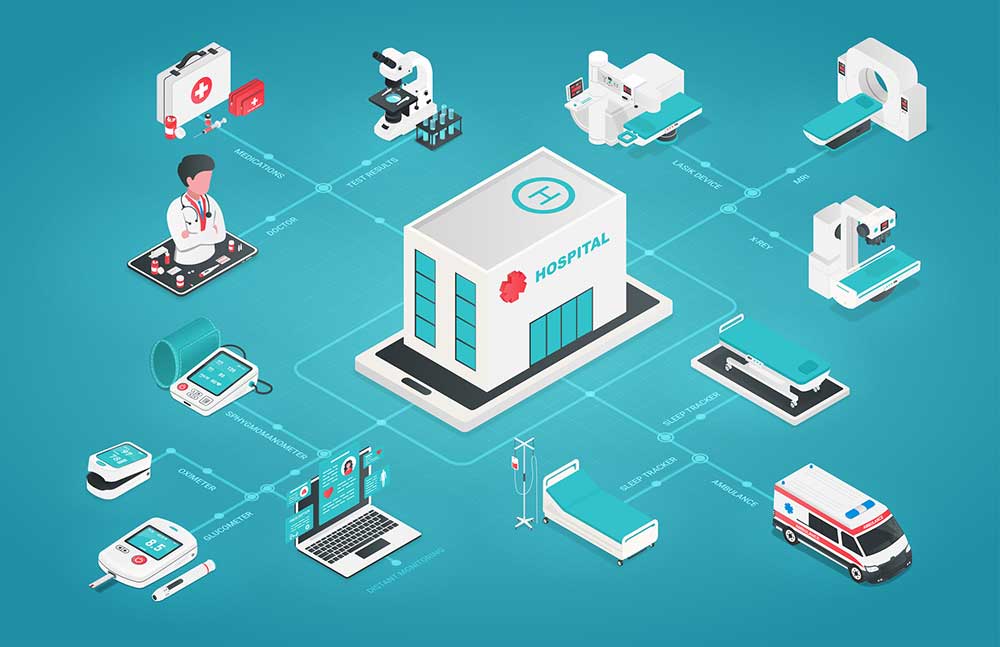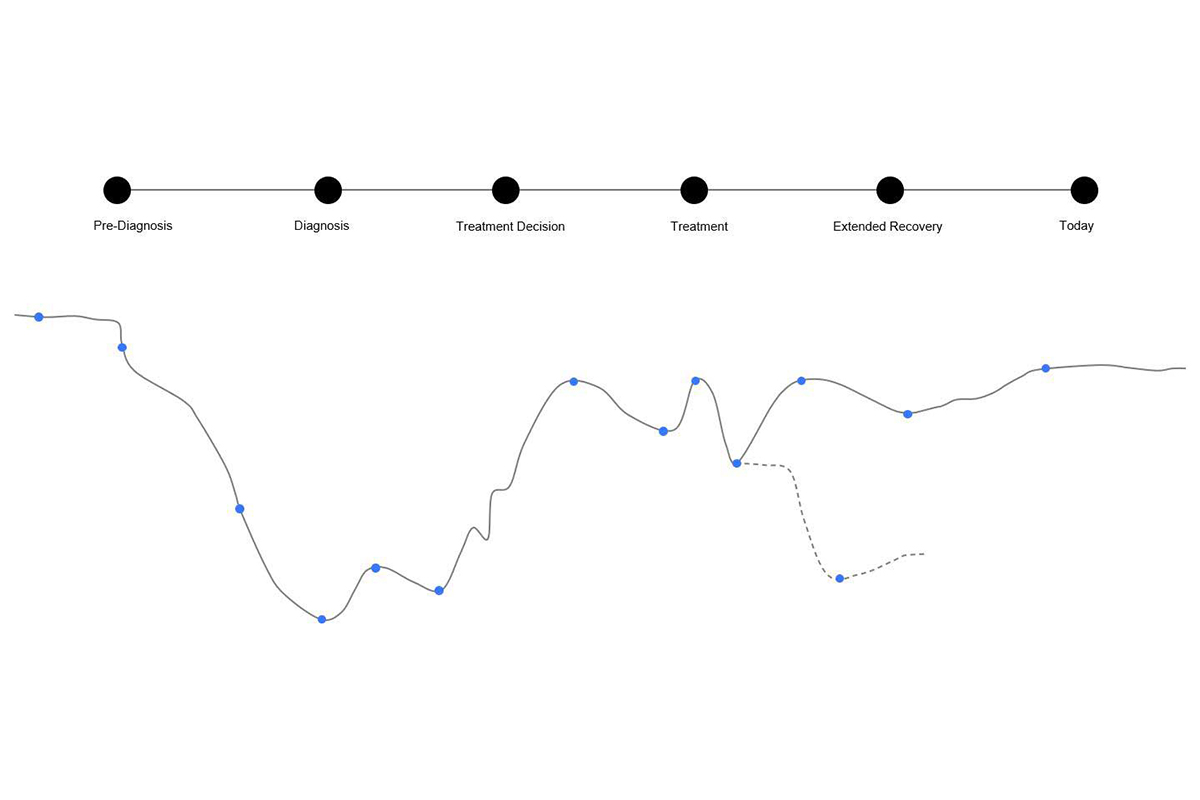

We believe that our physician-patient dialogue methodology has several advantages over that of Verilogue.
Patients are recruited on the cusp of a potential therapy change—initiation barriers and drivers, as well as brand decision-making, are much more likely captured with this patient type.
The ethnographer interviews patients right after their physician visit—what they recall, how they feel about the visit.

Gaps often exist between marketing and sales teams that, when unaddressed, have a negative impact on business.
Marketing teams work tirelessly to identify the optimal product positioning and messaging for healthcare providers (HCP).
All this, however, hinges on how effectively (and whether) sales representatives execute the intended messages and marketing materials in the field.

Naive users of platforms and devices often approach and experience the products substantially differently than what the product development team had assumed and intended.
User research can discover these gaps and preempt problems in the user experience prior to launch.
While user experience research is a broad category that encapsulates multiple potential methods, its cornerstone methodology is usability research.

A product’s promotional story should be primarily shaped by its customers—composed of what they perceive as its most important, differentiating, and compelling attributes and benefits.
Message testing studies that culminate in story construction exercises elicit the structure and content of this optimal promotional story.
An initial step on these studies is consultative—we work closely with client teams to develop a set a compelling and comprehensive set of messages for subsequent testing.

Supply chain studies begin by mapping out the workflow of the key stakeholders in the supply chain of interest.
Identifying what specifically happens, and in what sequence, for each workflow phase can be exacting work, particularly in complex areas. For this reason, our approach involves a few study phases.
A first phase involves have the respondent complete pre-interview work to delineate their activities, including desired / ideal outcomes (needs) and common challenges (pain points) at each workflow stage.

Buying process studies provide client teams with a foundational qualitative understanding of the market landscape and well-contextualized insights on the specific market opportunities that their product could potentially claim.
Our approach to buying process projects typically involves 3 study phases—all phases composed of 1-on-1 qualitative interviews with the relevant healthcare provider.

Understanding the full and evolving arc of the patient’s disease experience provides a brand team with a core foundation of insights from which to develop meaningful marketing materials and resources that help patients’ with their needs.
Our patient journey studies involve a careful mapping of the patients’ experiences through multiple disease phases, including pre-diagnosis, diagnosis, treatment choice, treatment initiation / onboarding, and through a few lines of therapy.
At each phase, we capture various experiential areas, including key activities / interactions (e.g., with healthcare providers, family / caregivers, information resources), the patients’ mindsets, emotional dispositions, specific fears, and challenges / pain points—data that also allow us to extrapolate their underlying needs.

Analytics data have made it easier and faster to identify marketplace trends, but understanding the specific factors driving these patterns often remains challenging.
For instance, when a company’s product is losing market share to a specific competitor among a specific customer subset, there is a need to supplement analytics with a qualitative inquiry to achieve a detailed understanding of why this occurring.
Through 3rd-party agreements, prescriber-level IQVIA data allows us to recruit the specific physicians that exhibit the prescribing trends of interest.
These studies can be one-time “spot” studies or they can be recurring “tracking studies.”